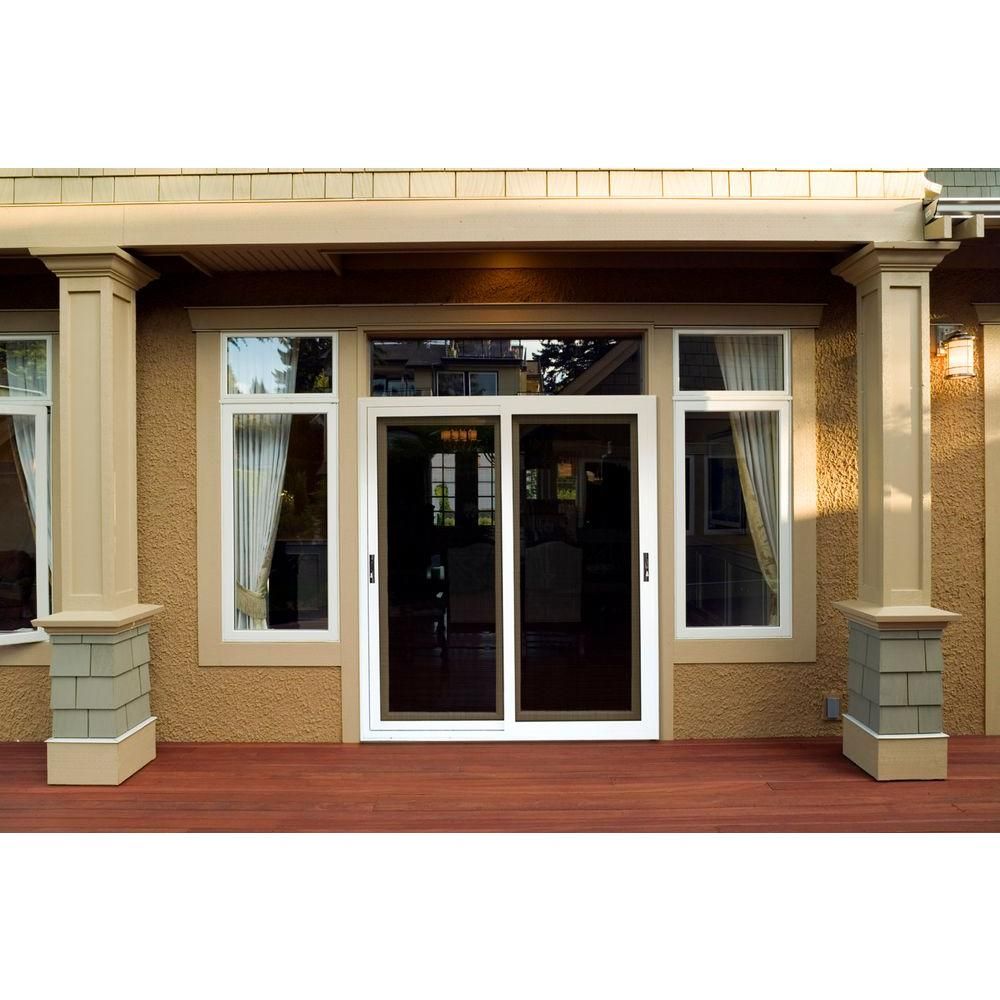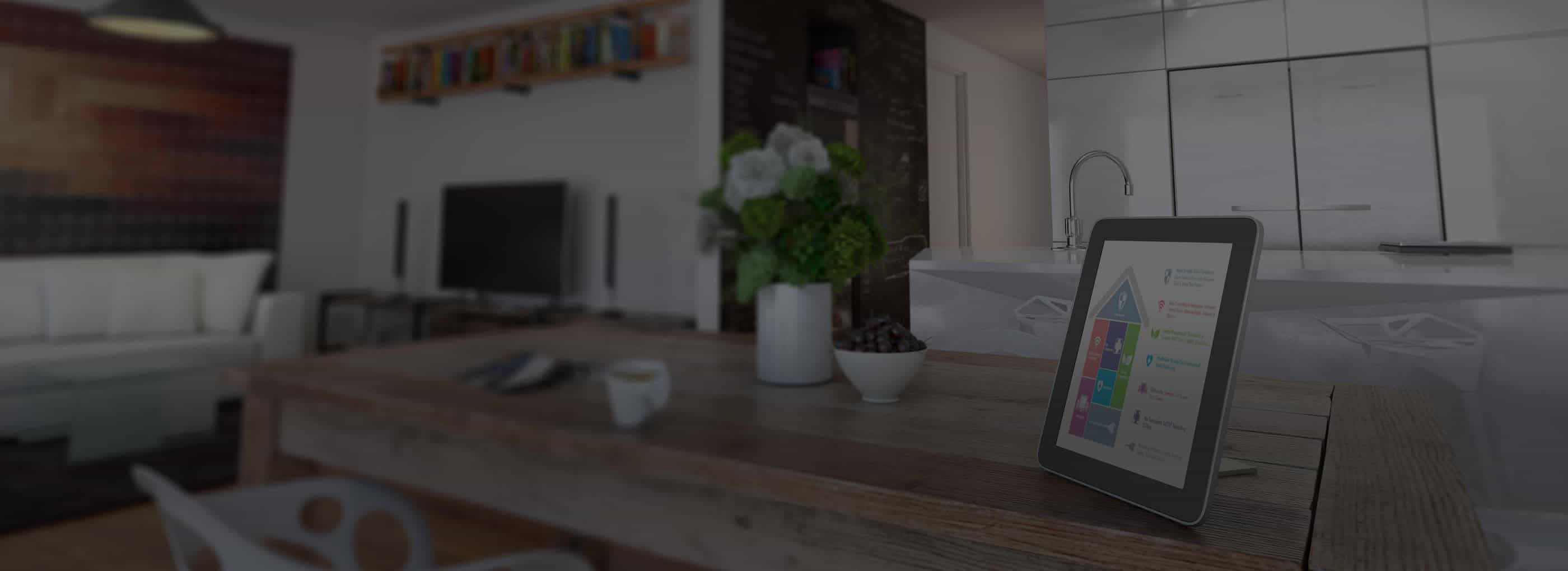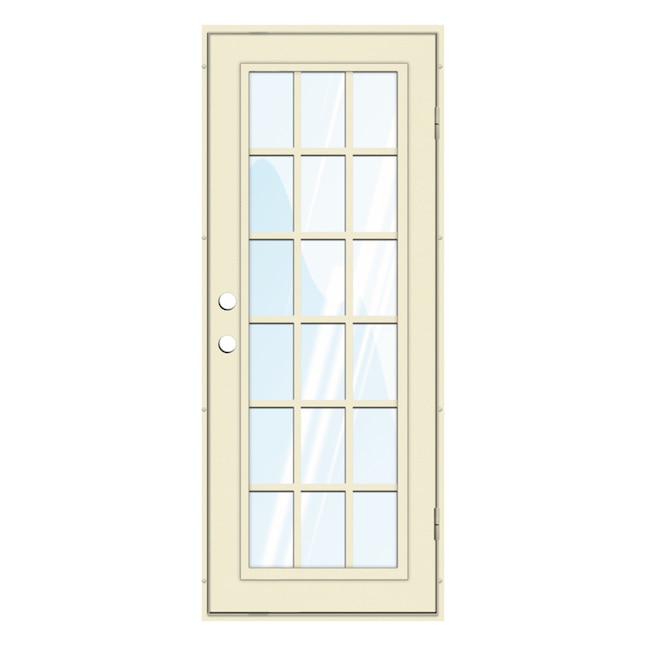
Costs of home security systems vary depending on many factors. These include the type of security system, monitoring costs and whether or not you want to do a DIY installation.
A home security system includes several components, including a control panel with a keypad and sensors for doors and windows, a motion detector, a siren, and a remote. You can customize the system by adding add-ons.
A security system costs between $200 and $1,000. However, you can get a cheaper package that includes all the essential equipment. When you first use your home security system, most companies charge between $25 to $230 as an activation cost.
You can pay an initial setup fee for the system to be professionally installed. It will also connect to existing home technology. Installers will run the wires into your home, and then install the cameras and sensors.

Many security providers provide professional installation services to help create a unique system for each customer. They will also check to see if there are any areas that require more protection, and if the equipment is functioning properly.
Alarm monitoring is a key component of any good home security solution. This service monitors your home 24/7 and will alert authorities if there is a break in. This service can range in price from $10 to $65 per month, depending on the level of monitoring you opt for.
Adding a few home automation options to any monitoring service can add between $30-300 to the monthly price of the package. These smart-home features allow you to set up timers, lock doors and unlock them, adjust thermostats, as well as connect to digital assistants such Amazon Echo or Google Home.
Compare the costs of equipment and monitoring services. This is the best method to find out the price for your home security system. Use the information you have gathered to determine which company is the best for the money, and suits your family's requirements.
Choose the right type system
Basic starter kits include motion detectors, window and door alarm sensors. Additional features can be added, such as a smoke detector, carbon monoxide sensor, duress signal, or panic button.

These extra features provide better protection for your house and improve your safety. However, they are not required. Choose a system you can control remotely via your smartphone.
Many systems can send you alerts via text message if an burglar enters your home when you're at work or on vacation. Some security systems will send you a message via text if the door to your home is left unlocked and you are away.
FAQ
Which home security system is easiest to install?
It is best to have home security systems that don't require installation. These are "plug-and-play" systems that work like magic. Simply plug them into a power outlet and connect them to the internet with a wireless router. Once you have connected everything, it will be possible to access it from anywhere on the planet.
Can I install my own security camera?
Yes! If you have the necessary knowledge and skills, you can install a house alarm. If you don’t have the skills to do it yourself then you can hire a professional to help you.
What is the top home security system in your area?
The number one home security system is the Ring Video Doorbell Pro. Ring Video Doorbell Pro allows you to speak to anyone from any location using your smartphone. You can also record video footage and share it with family members and friends via text message or email.
What Home Security Systems are Unhackable?
This depends on what definition you use of hacking. Hacking is the unauthorized access to computer systems, networks, and data. Because they don't contain software that allows remote control, most home security systems can't be hacked. They won't let anyone enter your home without permission.
If they are connected to an internet connection, however, certain home security systems may be compromised. These systems often require a password to be activated. This means that anyone can hack them if they know the right password.
What wireless security system can you buy that is best?
The best wireless security system I recommend is the D-Link Wireless Security System. It is also very affordable. Everything you need is included in one package. It comes with a camera, motion sensor, and remote control. Simply plug it in, and follow the easy instructions.
How can I choose among different home security systems?
It is important to consider the threat level in your locality. For example, if there's a lot of crime in your neighborhood, then you might want an alarm that will sound when someone enters your property. You might not need as many security measures if you live in a rural location with few burglaries.
It is also worth considering whether you are willing and able to pay more for certain features. Some systems come with built-in cameras while others don’t. Some systems let you remotely monitor your house, while others require you being physically present to view the footage.
Are there any real reasons to have a home alarm system?
You should have a home security system if you own a property. A burglar could break into your houseat any time without warning. They'll take anything they want, including expensive electronics and jewelry. You can leave your doors unlocked and they'll take everything.
A home security system can protect your home by sending alerts to you when anything happens. This includes monitoring motion, sending you alerts to mobile devices, recording activity, as well as allowing access to recorded footage.
A simple DIY camera can be used if you don't want to spend money on a security system. These devices can be used to monitor who is at your front door as well as send you notifications when someone enters or leaves. They won't stop burglars from entering your home.
Statistics
- Cove sets you free without punishing penalties and fees, unlike other security solutions that charge 75% to 100% of your remaining contract. (safewise.com)
- Related questionsHome security systems that are 100% DIY (safewise.com)
- Most home security companies will charge you around 75% of the remaining term of your contract if you cancel early—and some require 100%.Related questionsWhat type of contract length can I expect from security providers?Home security system cancellation (safewise.com)
- Most home security companies will charge you around 75% of the remaining term of your contract if you cancel early—and some require 100%.Related questionsWhat type of contract length can I expect from security providers?Home security system cancellation (safewise.com)
External Links
How To
How to Install a Home Security System
A home security system is a device that monitors your property and alerts you if there's any activity. It could be a motion sensor, doorbell camera, smoke detector, fire alarm, flood alert, carbon monoxide detector, burglar alarm, etc. A home security alarm system often includes one or two sensors (e.g., motion detections), which send signals to the control panel when they detect movement. The signals are then sent by the sensors to a control center where they are recorded and monitored. If there's a problem such as someone breaking into your house or other suspicious activity, the control panel sends an alert via your phone, tablet computer, voice assistant, or computer. You'll be able to immediately take action and know exactly what's happening.
The first step to installing a home security system is choosing the right type of sensors for your home. There are two main types: passive and active sensors. Passive sensors don’t require batteries. They only pick up sounds, vibrations and other signals from their environment. They include doorbells, sirens and buzzers. Active sensors transmit data via electricity. Examples of such sensors include cameras and motion sensor.
There are many sensors brands today. Each brand has its advantages and disadvantages. For example, some sensors are weatherproof, while others aren't. Some come with built-in speakers so you can hear them even if they're outside. Others are only for use inside. Some are simple, while others offer advanced features such as night vision.
After deciding on the best type of sensors for your property, you'll want to choose a manufacturer. This will help you ensure your sensors work well together. You will find many options in your local hardware store.
Once you have selected a brand of sensor, you need to decide the number you wish to buy. Depending upon whether they live alone or in a group, most people begin with one or two sensors. You might want to buy more sensors if you intend on adding them later.
Next, decide where you want the sensors to go. Do you want them close to doors or windows? Or would you rather have them hidden? Before placing them around your property, you should get permission. You should also ensure that they don't interfere with electrical outlets or other property features.
You now know where to place your sensors. Now you need a way for them to be connected to your control panel. Depending on your setup you might need to buy a power adapter and/or battery pack. Once everything is set up, it's time to start monitoring your property.